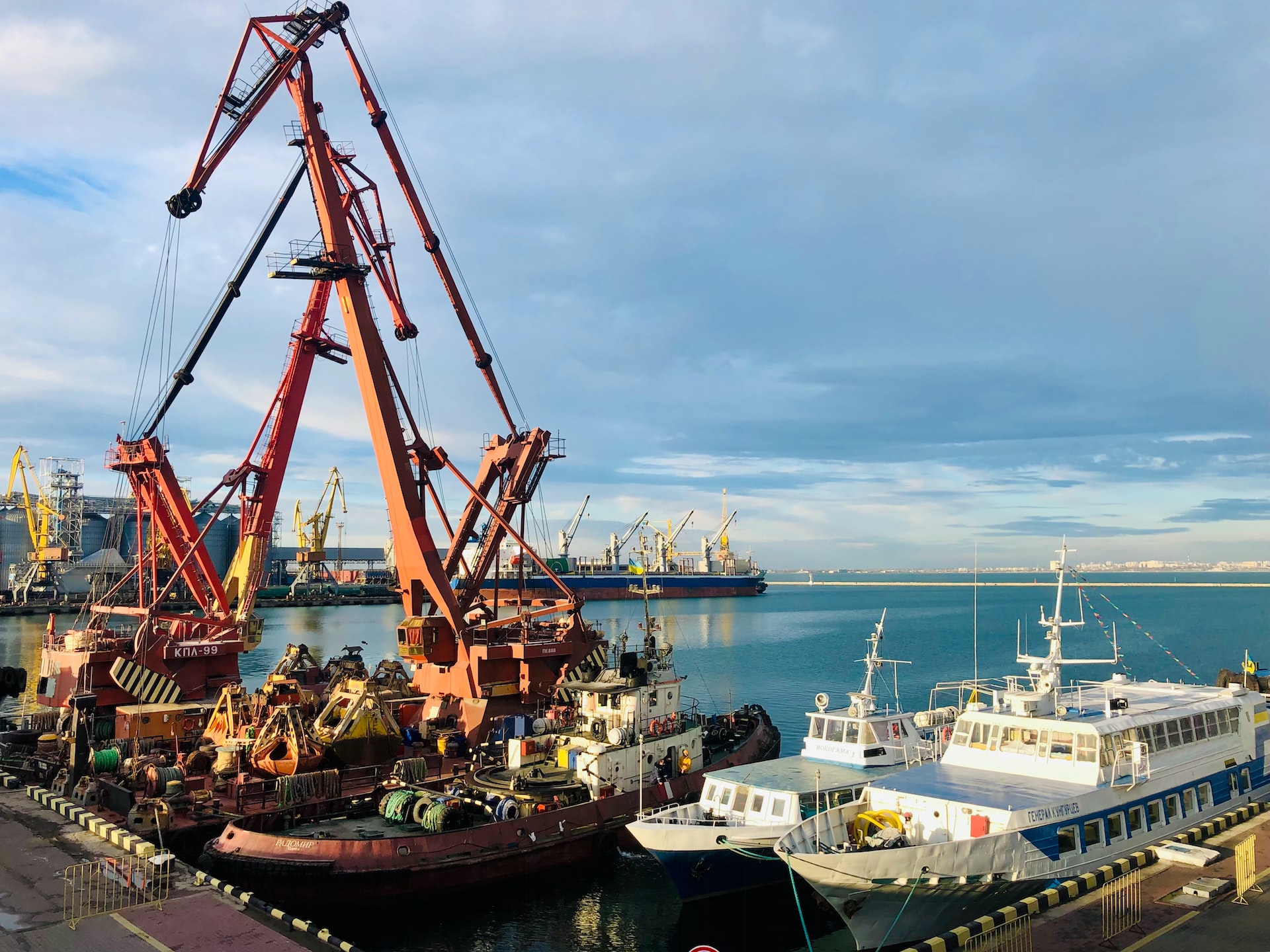With just 10 days to go before the Black Sea Grain Initiative is set to expire, posturing by Russia suggests that they may be hesitant to re-join the pact with Ukraine, Turkey, and the UN, which is facilitating the safe and fluid transport of millions of tonnes of grain from Southern Ukrainian and Russian ports. Leaving the deal would create a difficult economic situation for Russia, which is more reliant on crop exports to fund its fiscal expenditures and war effort, now that significantly elevated energy prices have subsided.
However, Russia has already shown itself to be an insubordinate member of the deal, delaying timely inspections of outbound Ukrainian ships and even suspending its involvement in the agreement at one point last year. Russia is almost certainly aware that a renewed blockade of grain shipments in the Black Sea, and a resulting rise in wheat prices, could punish its geopolitical adversaries as well via a resurgence of food inflation.
Related ETFs/ETNs: Invesco DB Agriculture Fund (DBA), Teucrium Wheat Fund (WEAT), iPath Series B Bloomberg Grains Subindex Total Return ETN (JJG)
Though wheat futures have continued to trend lower in recent weeks, one of the most critical agreements maintaining the fluidity of the global grain trade is at risk of being severed. That agreement is the Black Sea Grain Initiative, a quadrilateral deal between Russia, Ukraine, Turkey, and the UN to assure agricultural commodities can safely transit through the Black Sea and through Turkey’s Bosphorus Strait, the gateway between the Black Sea and the Mediterranean Sea. There, observers from all parties have a chance to inspect the cargoes before any ship can pass. Unloading of cargo in Ukraine is monitored by a joint coordination center in Istanbul. Russia and Ukraine are among the world’s largest exporters of grain.
Per figures available at the end of February, the transit of 765 ships carrying over 22 million tons of grain, largely corn and wheat, has been facilitated by the Initiative, easing a significant backup of grain supplies in both Russia and Ukraine, as well as skyrocketing prices that shot up to record highs near $12.80 per bushel last May. That was right before negotiations on the current initiative began and, since then, wheat futures have essentially halved, falling to 19-month lows near $6.80 in recent days. That is now well-below the spot price for wheat at the start of Russia’s invasion of Ukraine on February 24, 2022.
The Black Sea grain Initiative was implemented on July 22, 2022 for a period of 120 days and renewed for an identical period on November 18. That means there are just 10 days until the current iteration of the deal expires on March 17. With no extension of the agreement, Russia could utilize their navy to re-initiate a blockade of key Ukrainian ports in Odessa, Chornomorsk, and Yuzhne.
Futures contracts indicate traders seem very confident that no disruption will envelop the key transit route through the Black Sea. However, statements from key figures involved in negotiations to extend the Black Sea Grain Initiative may not be developing very well. Just last week, Russian Foreign Minister Sergei Lavrov accused the West of “shamelessly burying” the agreement, accusing countries that have imposed sanctions on Moscow of…
To read the complete Intelligence Briefing, current All-Access clients, SIGN IN All-Access clients receive the full-spectrum of MRP’s research, including daily investment insights and unlimited use of our online research archive. For a free trial of MRP’s All-Access membership, or to save 50% on your first year by signing up now, CLICK HERE










